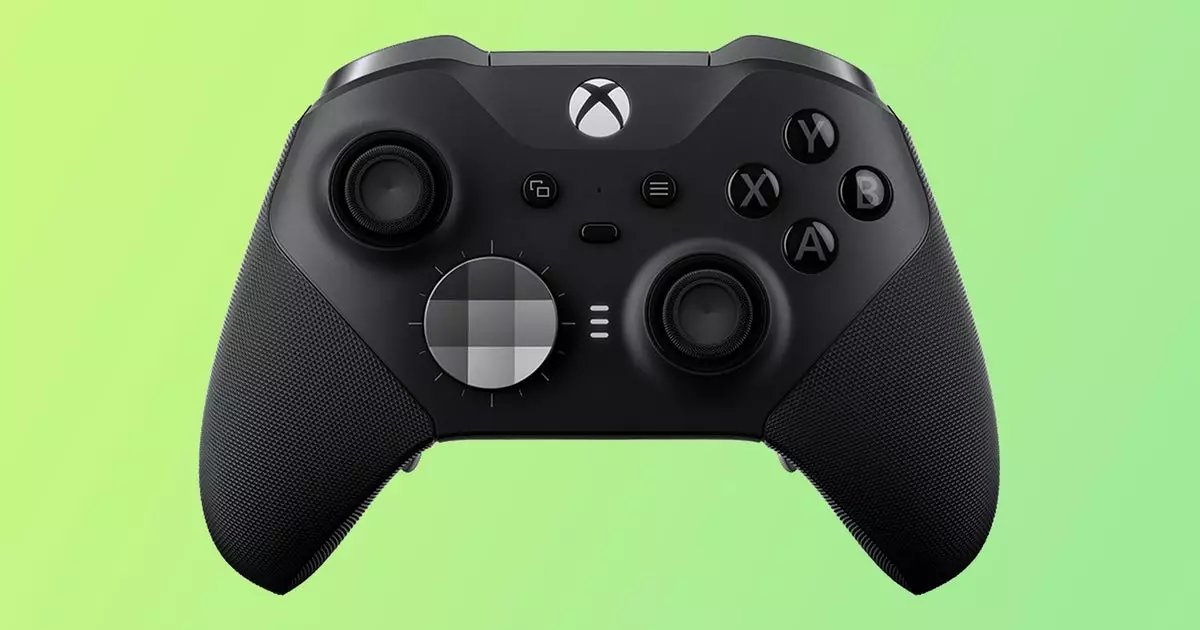The Boycott, Divestment, and Sanctions (BDS) movement has galvanized a segment of society to confront perceived injustices, challenging corporations like Microsoft that they believe are complicit in human rights violations. Recently, the BDS movement has shifted its focus toward Microsoft’s gaming division, advocating for the cancellation of Game Pass subscriptions and a broader boycott of Microsoft-owned properties such as Minecraft and Call of Duty. This campaign arises from allegations surrounding Microsoft’s alleged technological collaborations with the Israeli military, especially amid the ongoing conflict in Gaza.
This protest is not an isolated incident; it’s part of a larger narrative where activists aim to leverage consumer power as a means to enforce accountability. The urgency of the movement is amplified by claims that Microsoft’s Azure cloud services are being utilized in military operations, suggesting a disturbing intersection between technology and warfare. In today’s digital age, where gaming is a prominent form of cultural expression, it becomes even more critical to evaluate the ethical implications of our entertainment choices.
The Role of Technology in Warfare
The implications of technology in warfare are profound, often outpacing the moral conversations surrounding them. The BDS allegations that Microsoft’s technology may have been employed to support military strategies in conflict zones raise serious concerns about corporate responsibility. In a joint investigation by respected media outlets, claims surfaced that Microsoft provided extensive technical support and cloud services to the Israeli Defense Forces (IDF). Whether it’s through database management or facilitating intelligence operations, the idea that business transactions can aid in sustaining conflict is deeply troubling.
When companies like Microsoft prioritize profit without scrutinizing the potential repercussions of their partnerships, the ramifications can be devastating. For many, the creation and promotion of entertainment should not come at the expense of human lives or ethics. By calling for a boycott, the BDS movement is highlighting the need for companies to take a steadfast stance against complicity in human rights violations.
A Historical Context
This current wave of protests adds to a broader context of BDS’s challenges against Microsoft that dates back to 2020, when civil rights activists raised alarms about the company’s association with AnyVision, an Israeli startup known for its facial recognition technology deployed at border crossings. Microsoft’s subsequent withdrawal from that venture was a significant indication of the potential impact of public pressure. It serves as a reminder that consumer activism can lead to substantial changes in corporate behavior.
The relationship between tech companies and military entities isn’t new, but as awareness grows, so does public scrutiny. The reaction to Microsoft’s alleged dealings reflects a more profound societal trend: an expectation that corporations uphold ethical standards that align with contemporary human rights values. The inherent power of the BDS movement lies in its ability to mobilize public sentiment and effect change through consumer choices.
Voices From Within the Company
The call to action from BDS not only resonates with the general public but finds support from individuals with direct ties to Microsoft. Former employees, like Abdo Mohamed and Hossam Nasr, have pivotal roles in raising awareness about Microsoft’s alleged complicity. Their dismissal following efforts to memorialize Palestinian victims showcases the internal conflict within the company and raises critical questions about corporate culture, censorship, and accountability.
By shedding light on these convictions, they demonstrate that dissent within corporate structures is viable and crucial. Activists within companies wield significant influence; their actions can stir larger discussions and prompt company-wide reassessments of ethical practices. Those affected by such dismissals underscore the need for transparency and labor rights in the tech industry.
Reimagining Consumer Power
The BDS movement’s campaign against Microsoft exemplifies a growing recognition of consumer power in shaping corporate behaviors. As consumers align their purchasing decisions with their ethical beliefs, corporations will increasingly need to take notice. Gaming, a multi-billion dollar industry, serves as a critical battleground; the choices made by gamers resonate far beyond mere entertainment.
The possibility for change lies in collective action. Through deliberate and informed choices regarding the products we support, we can influence a broader conversation about corporate ethics and social responsibility. The call to boycott Microsoft’s gaming offerings is not just about ending a financial relationship but about rallying for a future where corporations act with integrity, ensuring that their business practices do not contribute to systemic injustice. This dynamic evidence reflects an evolving world where consumers are not merely passive recipients of content but active participants in shaping a more just society.

